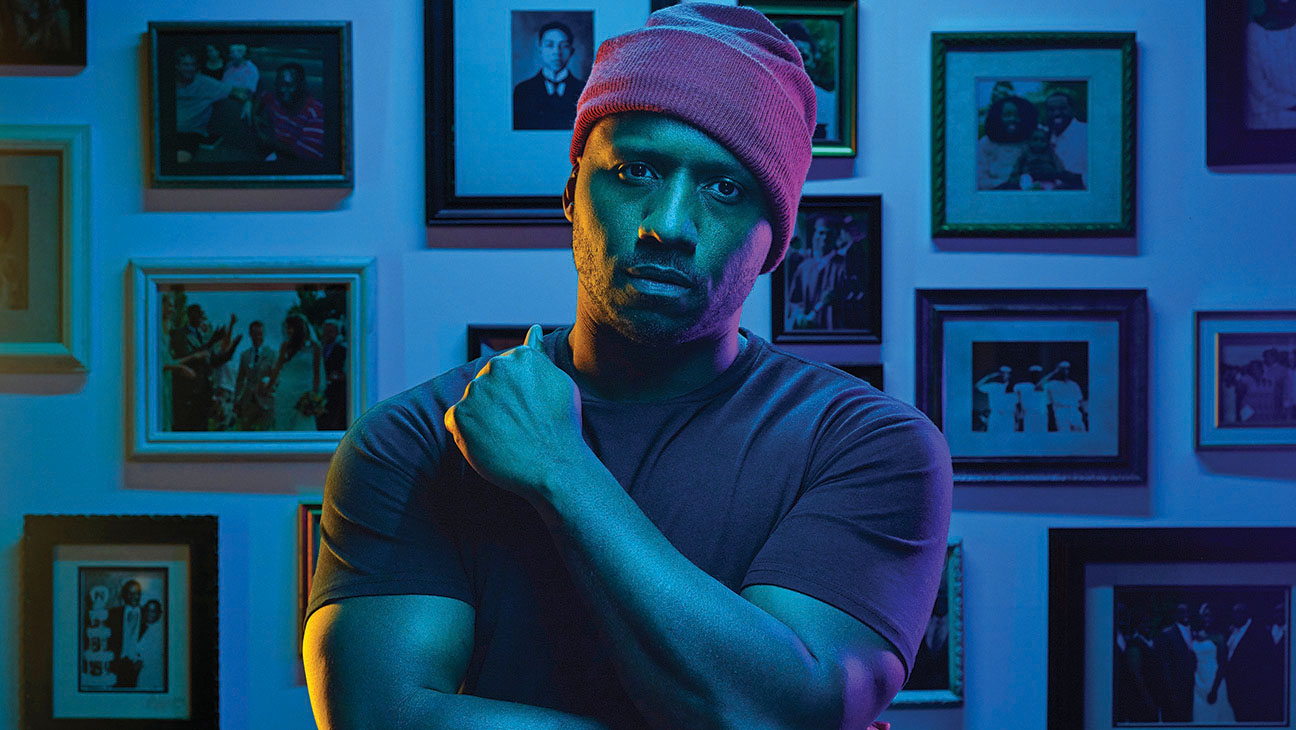It is intentionally difficult to properly characterize Lee Edward Colston II. Colston, a former MMA fighter and jail guard who graduated from Juilliard’s first acting MFA program in 2016, has since changed his career focus to become an actor, writer, director, and instructor. His play The First Deep Breath, a family drama with Philadelphia as its backdrop that examines sorrow and the arduous road to recovery, will now make its West Coast debut at the Geffen Playhouse on February
A actual tale he read served as the basis for the play, a drama about a Baptist preacher and his family: Twelve years ago, a family in Philadelphia experienced tragedy over the holidays due to a gun the son had bought for his father as a gift.
At the time, I began to wonder, “What sets the circumstances for something like that to occur?” Colston asserts. “My journey with this piece—which had its Chicago premiere in 2019—is that if you can’t foster empathy for people who look like you, for people who are literally descended from the same family as you and share your DNA, how are you going to foster empathy for people who don’t look like you and who aren’t from your community? The foundation of our politics, in my opinion, is the family.
For the Black, queer playwright, the production marks a return to the theater. Colston — who also performs in The First Deep Breath — is a co-producer on Ryan Murphy’s upcoming American Sports Story: Gladiator and in the process of developing a series with The Handmaid’s Tale producer Warren Littlefield. He previously wrote on FX’s Fargo (THR named his episode, “East/West,” one of the top TV episodes of 2020). “Because COVID separated us and segregated us, I’m just now starting to find my way back into the American theater,” he says. “L.A. seems like the perfect place to find my footing in this new world. I’m more interested in the connectivity that the play is offering than anything else, really. It’s just creating the space for human beings to share stories with each other.”





